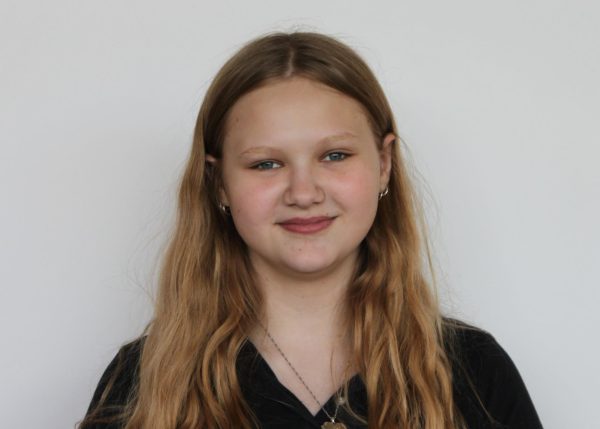Since the 2020s, many have claimed that music is dead. While fantastic contemporary artists like Chappell Roan, Maggie Rogers and Doechii have revived the former glory of mainstream music, the subject matter of music has
shifted. In prior years of political and economic uncertainty, genres such as “recession pop” (Kesha, Pitbull, the Black Eyed Peas, etc.) developed to provide the public a break from the constant stress of daily life. However, political protest music developed simultaneously, specifically in the rap genre, which brought further attention to the struggles that persisted through the period. In rare instances, bands such as Queen could balance both escapist and politically informed music. Nowadays, politically conscious music is missing in the mainstream. Although talented and personally active in politics, many current artists lack political substance in their work. As necessary as it is to hear Sabrina Carpenter sing about her romantic troubles as a short and sweet girl in a big and bitter world, that music isn’t inspiring people to fight against a corrupt government. While I enjoy listening to protest music, I’ve found a severe lack of relevant songs on the current charts. Instead of the Ramones of the 21st century, we got Benson Boone. I have a theory as to why this change has taken place. Although
unstable governments have affected American music in prior years, this is the first time that the impact is primarily focused on censorship. The Trump administration has established numerous orders banning books, media and even some words. This administration has diminished the freedoms of artists, and the livelihoods of professional artists are at stake. Unfortunately, profit often means compliance for artists, and within this administration, compliance is more restrictive than ever. Therefore, we are left with “protest playlists” that contain the song “You Need to Calm Down” by Taylor Swift. The artists who are willing to comply with censorship make the most money and are most likely to rise to the top of the charts, leaving independent and marginalized artists by the wayside. I am not claiming that political music no longer exists, but the current political climate is not conducive to popularizing the genre. So, how can we fix this? We need to look away from the charts and towards small artists. As phenomenal as our current chart-topping artists are, they have made themselves more palatable to remain chart-toppers. It’s time to bring new artists to light, rearrange the charts and create a music industry that sparks political change.
Categories:
What happened to protest songs?
Avery ’27, staff writer
September 10, 2025
1
Donate to The UltraViolet
Your donation will support the student journalists of Marlborough School. Your contribution will allow us to purchase equipment and cover our annual website hosting costs.
More to Discover
About the Contributor

Avery ’27, Staff Writer



